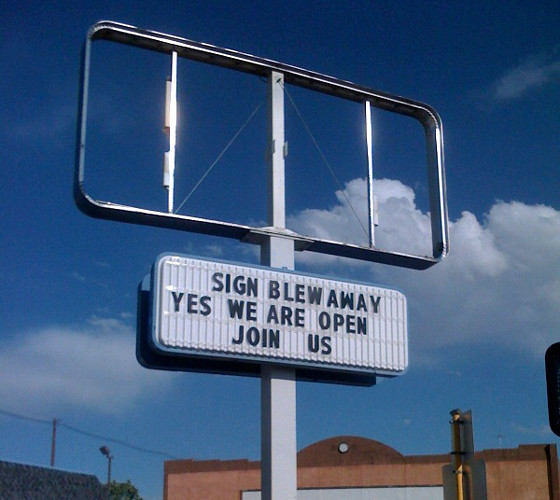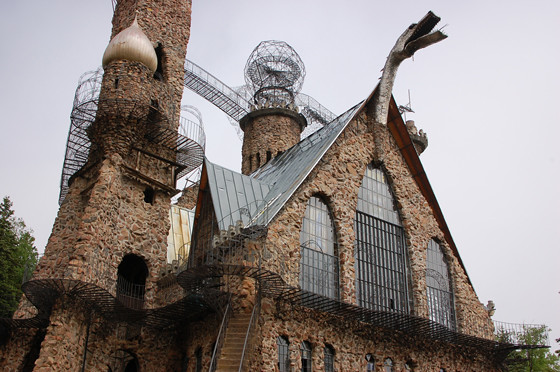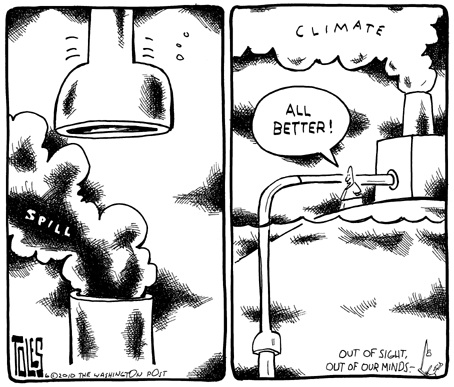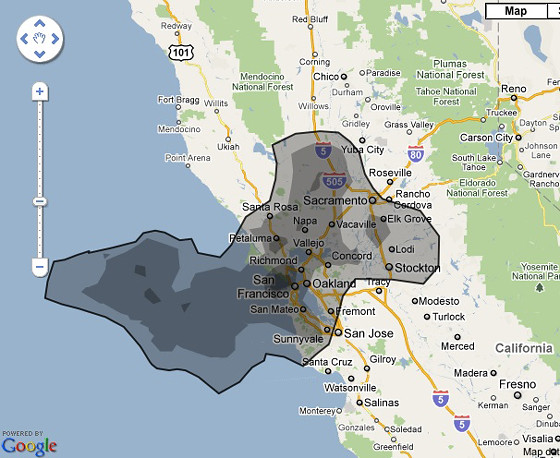It's hard to imagine anything much more blandly generic than a U.S. motel that is a franchise of a national chain. The good news is that these places are routinely clean, fairly comfortable, provide hot water and soap, and seldom offer any hidden surprises. The bad news is that upon entering one, you could be anywhere -- any local color disappears amid universal, low-key sameness.
The other day on our road trip, we were having trouble finding a motel with a vacancy after a long day of hiking West Spanish Peak (pictures later). We never did figure out why every room in Alamosa was booked, but we drove 17 more miles to Monte Vista blearily hoping to find something.

We were thrilled to see the sign for
this place and thrilled to get their last available room. I didn't pay much attention when the clerk said "the movie volume controls are on the wall." Huh?
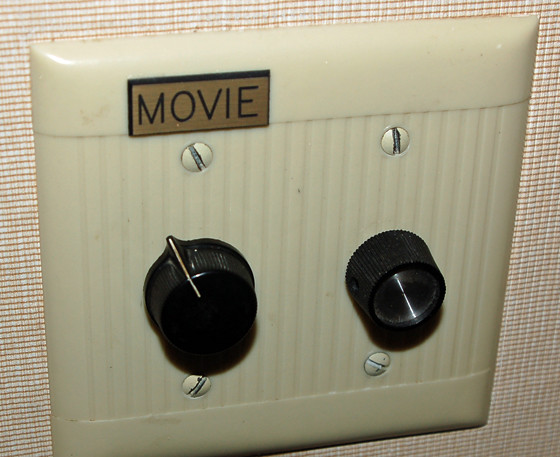
So they were.
When I pulled aside the curtains, here were the views:
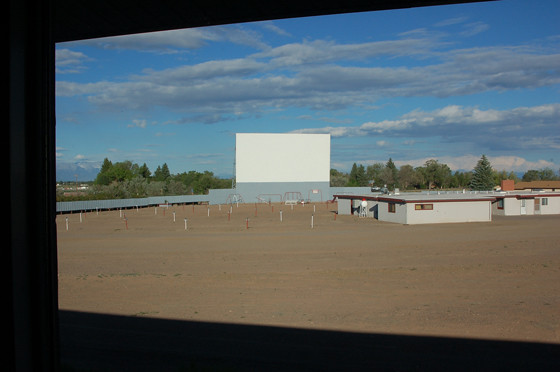
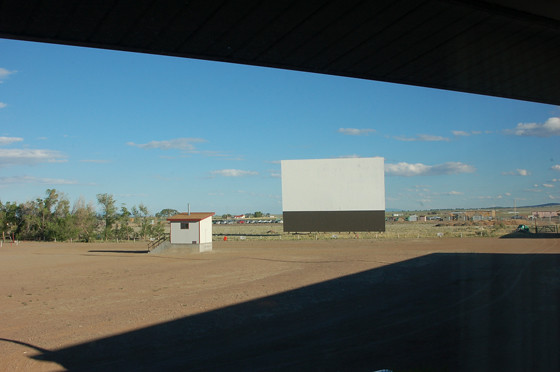
After cleaning up, I found the energy to notice the room's details.

A pseudo-film strip served as molding around the top of the walls.

This picture replaced the usual generic motel decorator art.

Every room had not only a number, but also a star's nameplate.

The motel facade carried on the theatrical motif.
The night's movies -- Shrek and Prince of Persia -- were part of the deal. I have to admit, I wasn't up for either after a long day. I did snap a blurry picture of this trailer, just to prove I could have watched a movie out my window.

For what it is worth, this trippy motel cost no more than any of its boring sisters. Recommended.





















